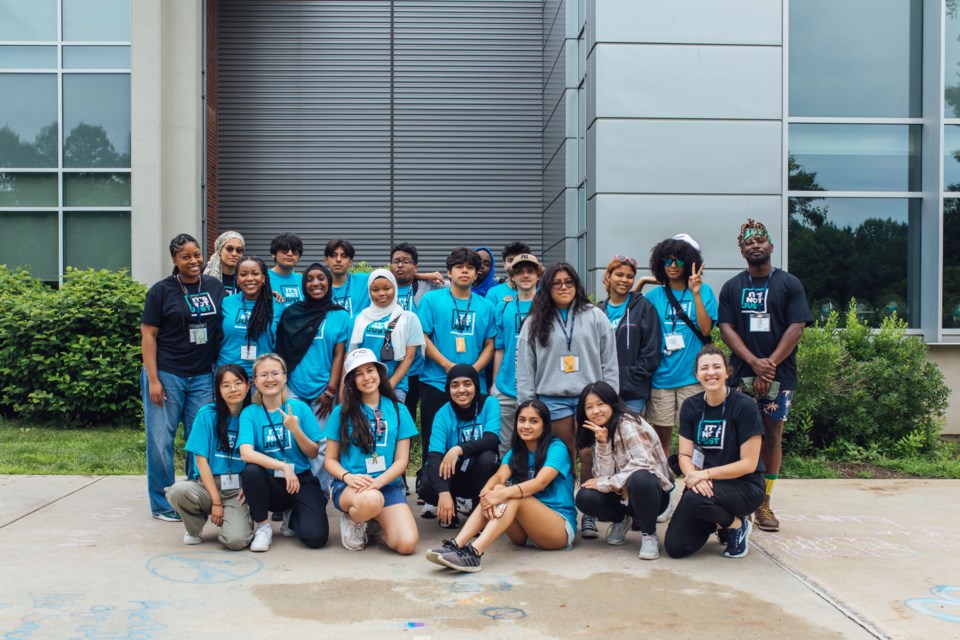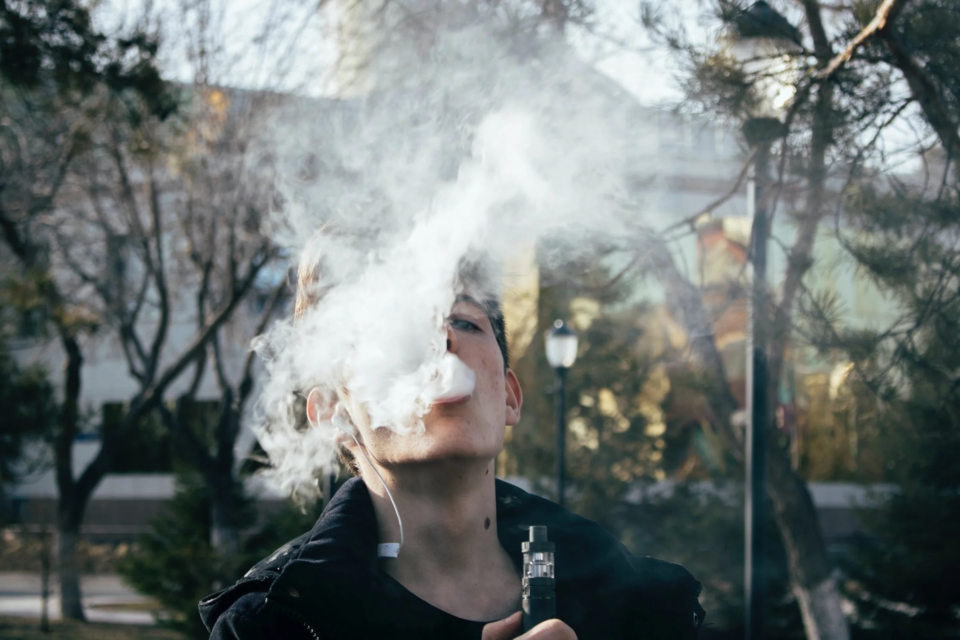By Brittany Hale
As students eagerly return to classrooms, there is a pressing concern that accompanies their reentry: the rampant rise of youth vaping. This epidemic has taken hold of our young people, presenting grave health risks and demanding immediate attention. To protect students as they start this new school year, it is crucial to address the issue of youth vaping comprehensively and thoughtfully. Here are 5 ways to address this growing problem:
1. Support an Anti-Vaping Community Organization
Parents, guardians, teachers, and school staff are instrumental in preventing youth vaping. Schools can collaborate with parents through workshops, seminars, and information-sharing sessions to equip them with the tools to recognize signs of vaping and engage in open conversations with their children. One national organization conducting such workshops is Parents Against Vaping e-Cigarettes, or PAVe.
2. Promote Healthier Alternatives
To address the issue of addiction, schools should provide resources for smoking cessation programs tailored to adolescents. Creating a supportive environment for students who want to quit vaping or smoking can significantly impact their success in overcoming addiction. The Department of Health has a webpage with dedicated resources for the vaping epidemic in English, Spanish, Mandarin Chinese, and others. Teens and young adults (ages 13 to 24) can also text “DROPTHEVAPE” to 88709 to join This Is Quitting, a free texting support program by Truth Initiative.

3. Improve Education and Awareness
Education plays a pivotal role in combating youth vaping. Schools should prioritize comprehensive and age-appropriate education about the dangers of vaping, using evidence-based resources. NYC Smoke-Free works with students 13-18 in statewide program called Reality Check. This advocacy and education program is student-led, adult-supported, and its aim is to reduce the number of teens that initiate smoking by exposing the tobacco industry and empowering students to make informed decisions.
4. Focus on Mental Health and Peer Support
Recognizing that youth often turn to vaping due to peer pressure and stress, schools should prioritize mental health support services. Peer mentoring programs can be established to provide a safe space for students to discuss their struggles and seek guidance from their peers.
5. Understand that Vaping is an Epidemic, Not Only an Individual Issue.
The rise of vaping among adolescents has become a significant public health challenge. E-cigarettes and vaping products, initially marketed as a safer alternative to traditional smoking, have instead attracted a new generation to nicotine addiction. It is essential to recognize that vaping poses serious health risks, including lung damage, addiction, and potential long-term health consequences.
Addressing the youth vaping crisis requires a sustained effort. Schools, policymakers, and communities must work collaboratively to establish long-term prevention programs, allocate resources, and continually adapt strategies to effectively counter the evolving tactics of the vaping industry. As students embark on a new school year, it is our collective responsibility to protect their well-being. By working together, we can create an environment where our youth are informed, empowered, and free from the clutches of this dangerous trend.
For information on NYC Smoke-Free, a program of Public Health Solutions that works to educate and engage youth and community partners, building support for a smoke-free city and ending tobacco health disparities, or to offer support in ending NYC's devastating tobacco epidemic, please visit www.nycsmokefree.org.
Brittany Hale is the Brooklyn Reality Check youth engagement manager for NYC Smoke-Free.




